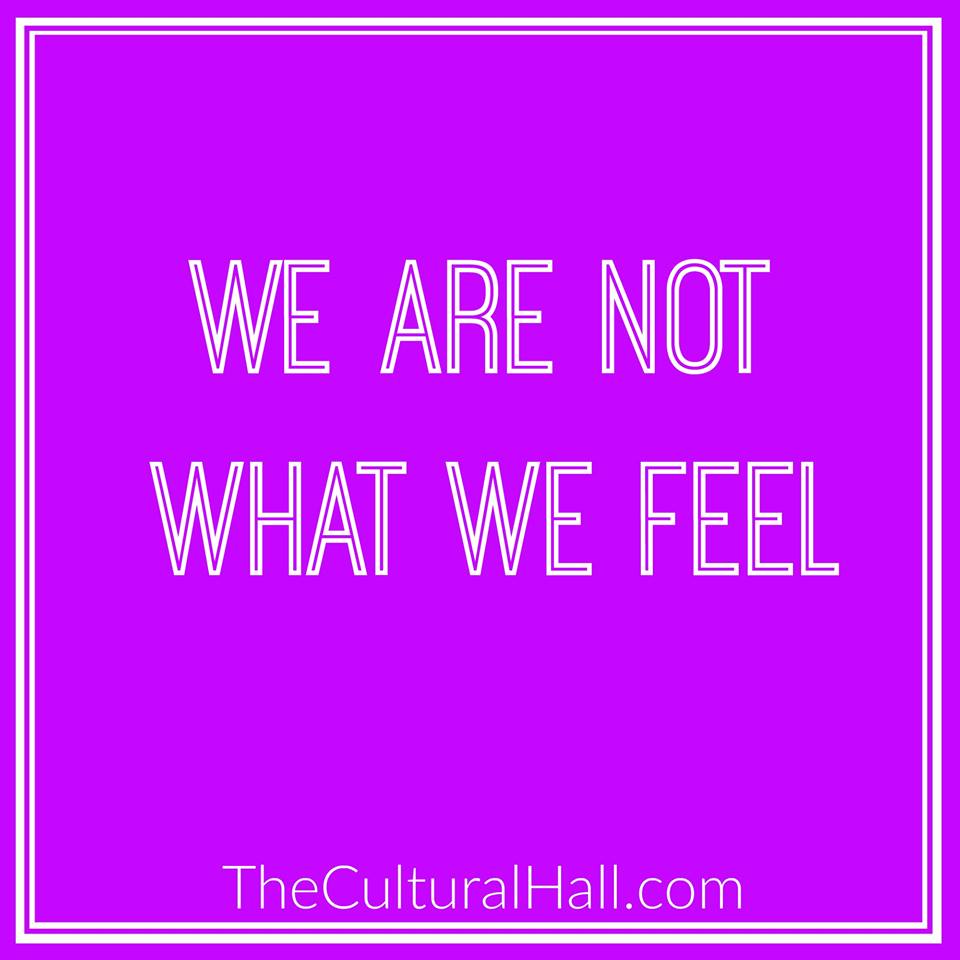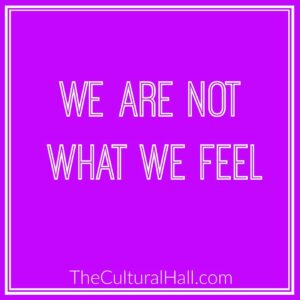My oldest daughter is twelve years old and navigating her first year in middle school. Watching her heart-first dive into a sea of new experiences, feelings, and ideas is like watching a tornado in a bottle. It’s fascinating and scary, the powers percolating under the glass.
Sometimes the bottle breaks a little. The other night, in a fit of frustration, she came to me, fighting tears, and asked if she could quit playing violin. Since this is her fifth year playing in the school orchestra, and her first taking lessons from a private instructor, this surprised me, as she’s finally to a point where her bow and strings are actually making music when they meet. I tried to coax her into explaining how she was feeling about it, but she had little to say, wouldn’t meet my eye, and bit her lip as the tears spilled.
After fairly prying the words out of her, she revealed that she was scared that “everyone” (meaning me and her violin instructor) was disappointed in her rate of improvement and that the violin didn’t “excite” her anymore. We had a lengthy discussion then, about real and perceived expectation. She hiccuped her way through the confession that sometimes she feels sad, confused, or angry in ways that feel so big she doesn’t know how to hide them. She looked utterly ashamed.
And at that, my heart cracked. “Why do you feel like you have to hide those feelings?” I asked. Where does that expectation come from? Certainly not from me! Could it have come from me?
Several tears, hugs, and assurances later she was asleep in bed while I still mulled over our conversation. My girl’s got a good heart and a savvy mind. She’ll weather her tornado just fine, but her desire to be good, coupled with the gospel instruction that good choices lead to good feelings, is both a boon and a thorn. Sometimes in our effort to assure each other that being good means feeling good we forget that we can misguidedly invert that concept to believe that feeling bad means being bad.
As someone who went a decade suffering from undiagnosed Major Depressive Disorder, I had come to believe that idea with my whole soul. When my thoughts and feelings became inexplicably swampy, I did what I’d been told to do to find peace. I prayed and I searched the scriptures. I read that “wickedness never was happiness,” and that “sorrow cometh from iniquity,” and figured those had to be my answers. I misconstrued the idea that if being bad makes you sad, then being sad must mean you’re bad. I internalized this idea so firmly, had it seemingly reaffirmed so often in church meetings and scripture study, that even after understanding my folly, the feelings remained deeply entrenched.
And despite all my efforts to recognize, validate, and coach my daughter through her own Un-Fun feelings, she has come to the same conclusion. She wants to be good and she wants to feel good, and thinks she’s a failure if she’s not constantly doing both.
That night I reminded her, and myself, not for the first or last time, that feelings are teachers, not punishments and rewards. God sent us to earth to feel all the things, everything on the spectrum from sorrow to joy. Some feelings come directly as a result of external stimuli, some come from reflection on self and relationships, some come simply from living in a body regulated by chemicals. Some are rational. Lots are not. And, really, thank heavens for that. It’s what separates us from the robots. Feeling good as a result of doing good can be a teacher, a reinforcement to do good again. Feeling bad as a result of doing bad can also be a teacher. But, we are not what we feel. Feelings are experiences to pass through, a viscous, chunky stew through which to swim, and have no moral value in and of themselves. Good people feel sadness, insecurity, frustration, disappointment, anger, confusion, anxiety, fear, and grief.
If we’re teachable, the Un-Funs help us turn to God, and the Funs make us grateful. The Un-Funs can also move us to have compassion for one another, and give us a greater capacity for love than we would otherwise have.
Christ was as good as they get, but He didn’t shy away from sorrow, didn’t hide it or wear a mask to appear strong or good. He cried. He felt anger and disappointment and expressed them when He did. He taught us to be good, and also, though not in so many words, not to be robots.
There is no shame in feeling the Un-Funs, and you get to choose how you’ll act when you feel them. I hope you’ll choose to stick with the violin.
~JustJoni
“Just Joni” Haws is a host and writer for The Cultural Hall, as well as Club President of the Book Club. Raised in Cache Valley, Utah, she and her family have moved around the county and have now laid down roots in the only city in the world with two LDS temples. When not looking for the chronically missing shoes of her three kids, she’s usually buried in a book, a blanket, or both. She uses her degree in English Literature to assure (delude?) herself that she’ll be a real-life author someday, and will surely achieve her goal if watching puppy videos online is any indicator of success. She belts hymns, rock ballads, and show tunes indiscriminately and is an advocate of telling it like it is, being a woman, mental illness awareness, and correct usage of the word “literally.” She thinks God is pretty cool and is super into her husband.


